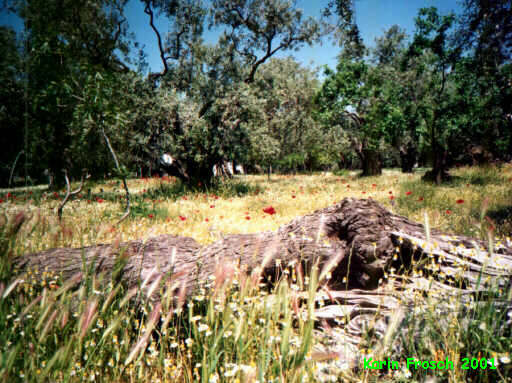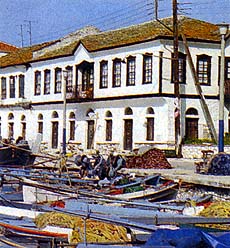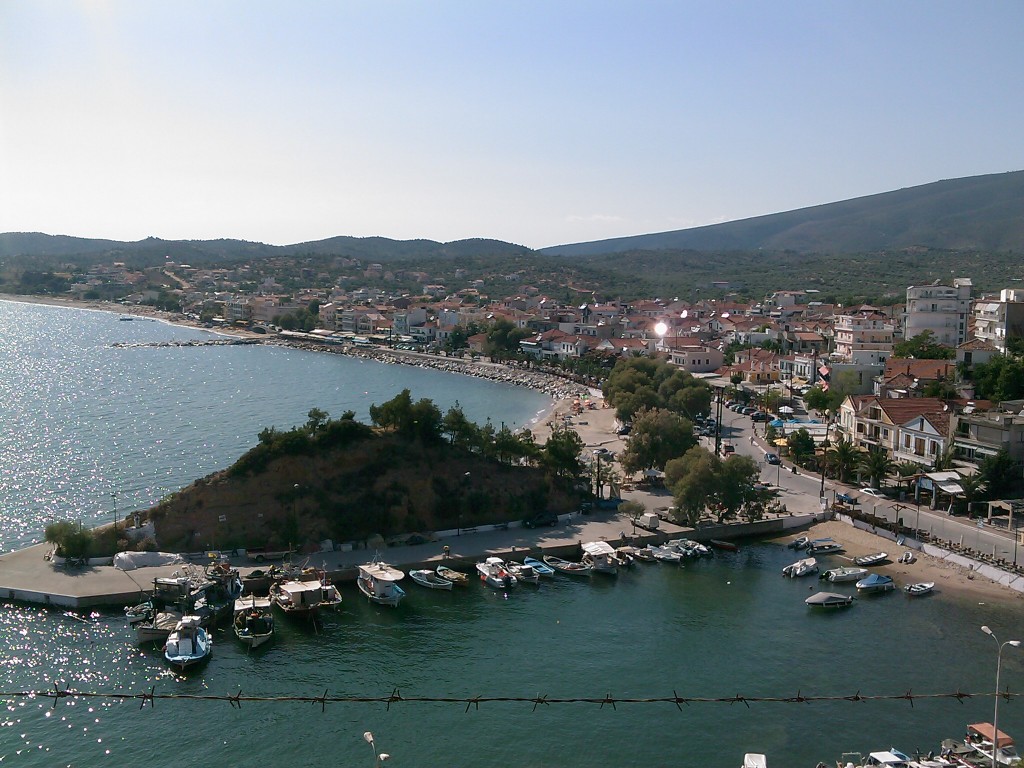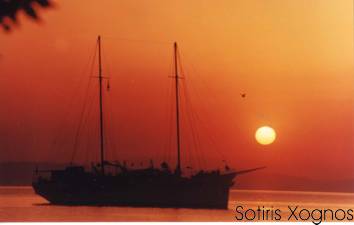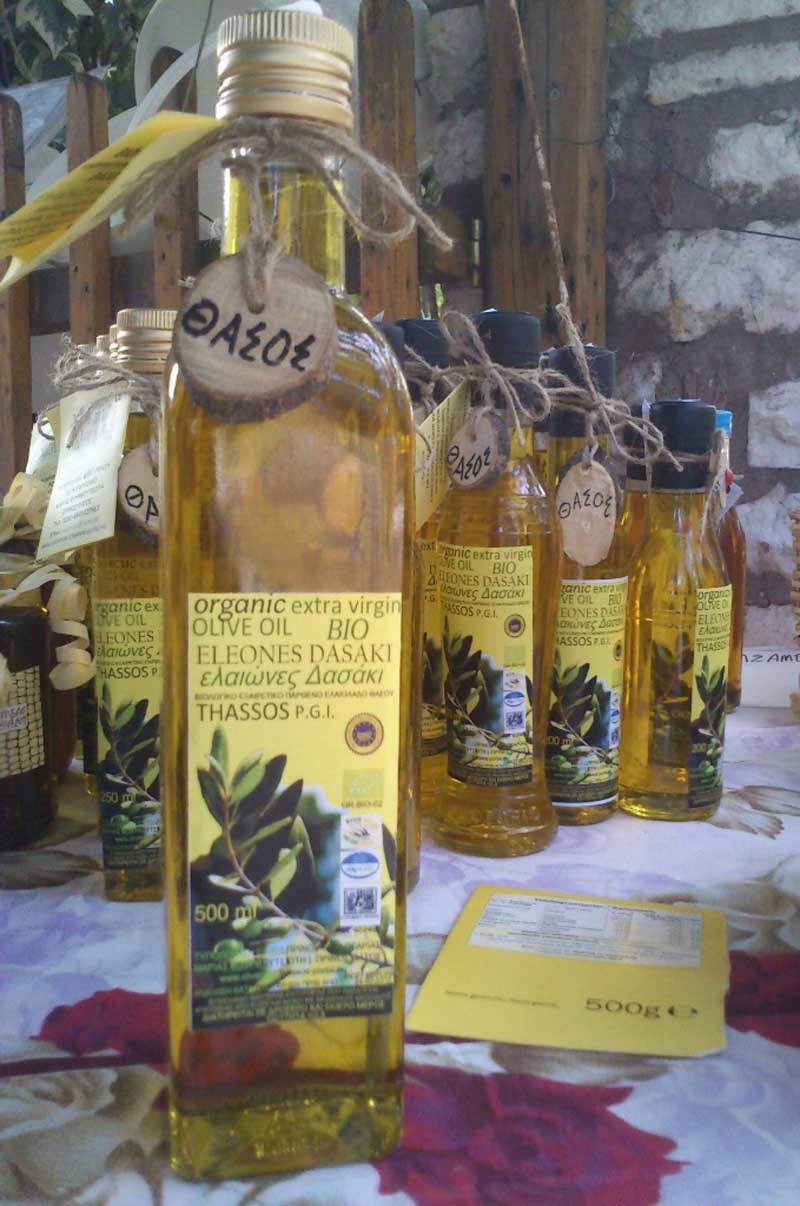|
|
Photo
and Video Galleries |
|
|
| |
|
Sightseeing
|
The Polygnotos Vagis Museum,
Potamia, Vagis Museum/ Tel: 0030 593 061400
The Vagis Museum houses traditional, realistic, and abstract art by
Polygnotos Vagis. This Thasian emigrant became one of the most important
sculptors in the US. His works are displayed in many American museums today.
He died in New York on March 11th, 1965. |
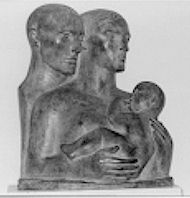 |
|
Monastery
Agiou Panteleimonos
the Monastery of St. Panteleimon, in the
interior of the island, which can be reached from small Kazaviti. There is a big
celebration and a festival at 27th July. There is a cave where Agios
Panteleimon was living. |
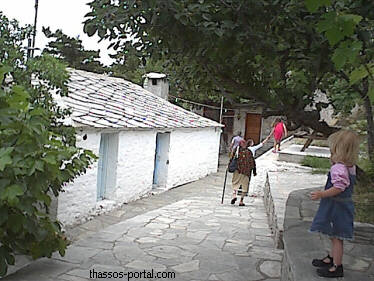 |
|
Mountains of Thassos. Nature and Mountain villages with outstanding architecture
and beauty.
The highest mount of Thassos is Ypsarion. The road is fairly good and leads you up to the
highest peak on the island. The view from the top of the entire island laid
out before you makes the journey well worth while. This trip can be combined with a visit to
Theologos, Kastro, Maries or Kazaviti. You will need to hire a 4 wheel drive
car. |
 |
|
|
 |
|
Monastery Of Panagouda
This monastery is located 48 kilometers from town of
Thassos. In
the old days, at the wayside chapel on the left hand side of the road up to
Maries a religious festival was held every year on Assumption Day.
On such a day, pirates appeared plundering the area, slaughtering the
inhabitants and carrying off the women. The icon of the Virgin escaped and
was found year’s later hanging on a bush.
On the spot where the icon was found, the chapel of Panagouda was built in
19th century. |
|
Convent Of The Archangel
A female convent dedicated to the Archangel Michael. Every year on the
Tuesday after Easter, it has a procession, which starts, at a small chapel in
the village of Theologos and carries one of the nails used to crucify Christ to
the Convent.
|
 |
|
The Archaeological Museum, in Limenas
Extensive collections of archaeological
artifacts, gleaned from
excavations carried out at various times, are kept and displayed in the Museum,
regarded as being one of the most important in the Greek provinces. Important
architectural elements, outstanding examples of pottery, sculpture, statuettes,
terra cotta figurines of various periods, coins, relief plaques, amphorae and a
wide variety of other vessels and objects permit us to form an idea of the
institutions, life, mores and artistic tendencies of the island’s inhabitants
during ancient times.
Visit the
Museum on line |
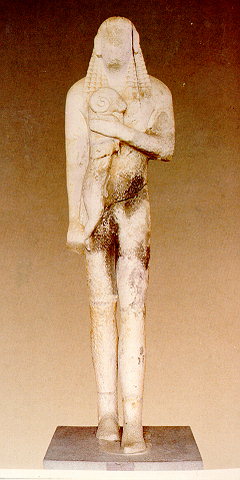 |
|
Ancient Agora, behind old harbour of Limenas
On the northeast side of the present- day town of Thassos, near the
harbor and next to the Museum, stand the ruins of the ancient agora; they were
brought to light in excavations carried out between 1948 and 1955. The agora
consists of a vast level area, rectangular in shape, and lined on three sides
with stalls which housed shops and storerooms. On the northeast side stood the
administrative buildings and a row of cult buildings. Building on Thassos’
agora began in the fourth century BC and was completed in stages up to the second
century BC. It was the heart of the city, its cultural and commercial center,
and the place where locals and foreigners met and transacted business.
|
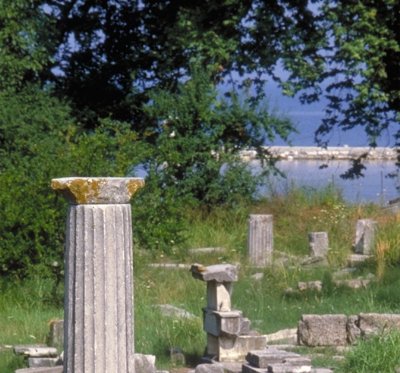

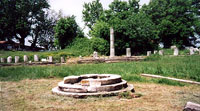
|
| There are
also remains of the Sanctuaries of Theagenes and Zeus of the Market- place.
Another building in this area was the Sanctuary of Artemisor Artemision.In Roman
times a monumental entrance- way was added. To the north is the Sanctuary of
Dionysus dating back to the fourth century BC. To the north- west of the
sanctuary stands the Theatre.A narrow street leads us to the fourth- century BC
Sanctuary of Poseidon; with a circular wall surrounding a U-shaped alter. The
present-day entrance to the ancient agora is in the Museum Square.
|
 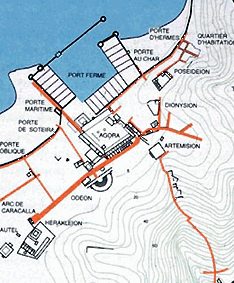 |
Military
Harbor, in old harbour of Limenas
Thassos’ present-day small harbor was the ancient city’s military
harbor. Two fortified towers and a marble wall protected it. From the harbor a
stone-paved road led to the center of the agora. It was the city’s en-closedharbor; entry to it was forbidden to any ship with a register tonnage
of less than 100. |
|
Commercial
Harbor, after old harbour of Limenas
Located near Evreo-kastro,the open harbor was used for commercial
purposes. Also remaining in the sea is a section of the breakwater, on the tip
of which there was a defense tower. Both harbors of ancient Thassos were located
outside the city walls, perhaps for security reasons.
|
Sanctuary Of Athena, in Limenas
On the summit of the second hill stood a sanctuary dedicated to the
goddess Athena. All that remains today of the ancient sanctuary is a row of
foundations.
Sanctuary Of Pan, in Limenas
Hollowed out of the side of the third and highest hill, near the
summit, is an artificial cave: the sanctuary of Pan.A relief on the wall depicts
the goat- footed god with his pipes.
|
|
Gate Of
Silenus, in Limenas
Starting from the third hill is an ancient wall with various gates;
among them are those of Parmenonand Silenus.The Gate of Silenusis outside the
town of Thassos, at the junction of the roads to the village of Panagia and the
beach of Makriammos.Nearby are some ruins of the neighboring Silenussettlement.
In the Ionic style,it is Thassos’ most ancient bas- relief. Two meters in
height, it depicts Silenus with a thick beard and a horse’s tail, naked except
for a pair of high boots. People passing through the city placed offerings in a
votive niche in front of his feet. The Silenus settlement stood near this gate. |
 |
|
Ancient Theatre, in Limenas
From the little harbor a stone- paved road leads to the ancient
theatre of Thassos, on the north side of town. The sagacity of the ancient
artisans and the refined artistic sense of the islanders ensured the fifth-
century BC theatre was built in this natural concavity in the terrain, with a
panoramic view of the sea, proof of the noble spirit of the Thasians regarding
the arts and culture. The theatre seated 2,000- 3,000 spectators. Lysistratus
the Thasian dedicated the proscenium, built in the third century BC, to
Dionysus.Beginning in the first century AD, the Romans remodeled the theatre and
used it for gladiatorial contests. Only the proscenium remained in place; its
carved metopes depict favorite deities. Nowadays ancient tragedies are produced
here every summer, reviving the ancient practice. Various musical groups also
give concerts. |
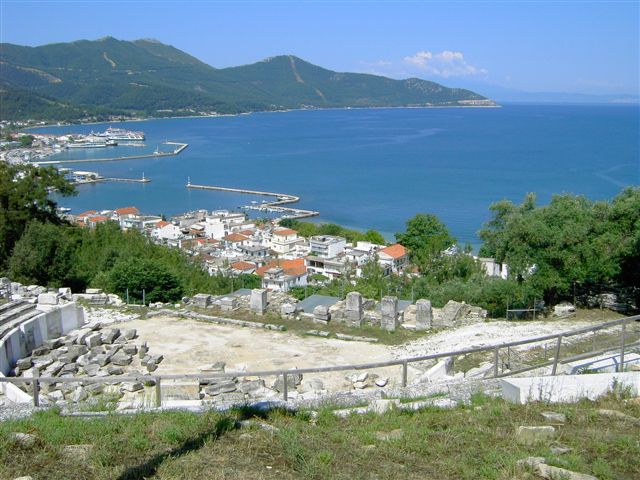
|
|
Acropolis, in Limenas
From the ancient theatre an unpaved road runs alongside the ruined
walls, up to the acropolis, the first of a series of three hills whose summits
form a sort of plateau, 137m above sea- level. It wasprotected by marble walls,
and stood on top of the first hill. It was the site of the sanctuary of Pythian
Apollo,which also served as the treasury, where the city’s riches were stored,
and as the residence of the Hieromnemon,a functionary responsible for managing
and safeguarding the public wealth. |
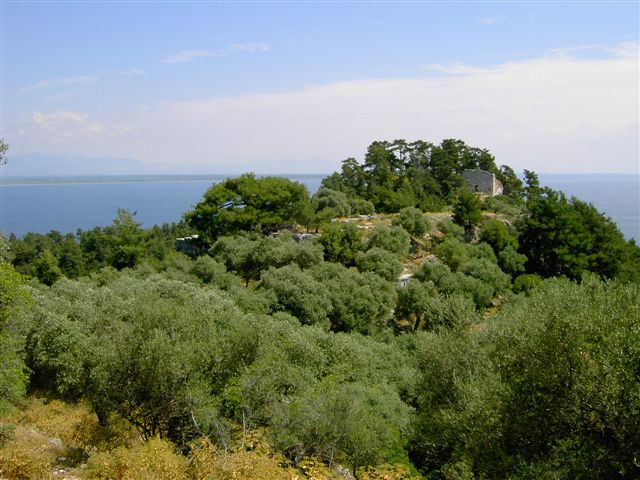 |
|
|
Evreokastro, in Limenas
This area was the northeast end of the commercial harbor of ancient
Thassos. Archaeological finds bear witness to worship of patrimonial gods, such
as Zeus, Athena, Artemis, the Nymphs,and Core. On a small rock stood the
sanctuary of the “patrimonial gods”,which was built in the fifth century BC.
Later an early Christian basilica was erected on the same site, using materials
from the sanctuary. Today a picturesque chapel dedicated to the Saints Apostles
stands here. There are also remains of the ancient buildings. From here, as from
the acropolis, one can admire picture- perfect sunsets.
|
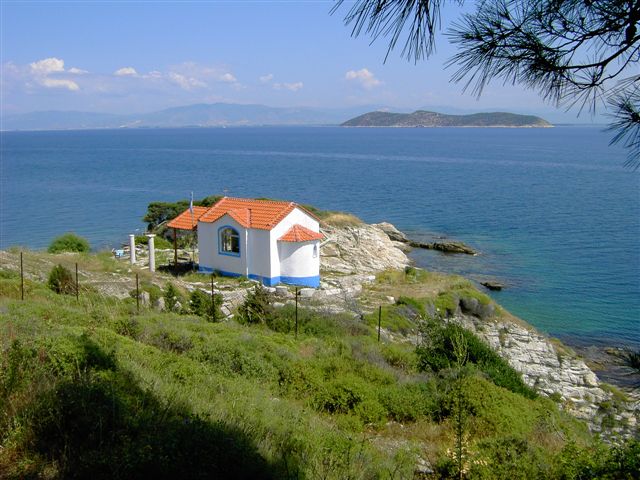
|
| |
|
